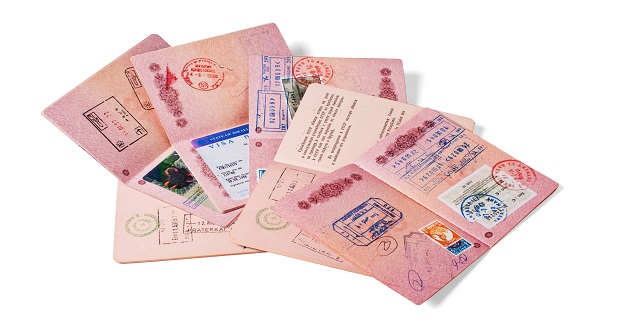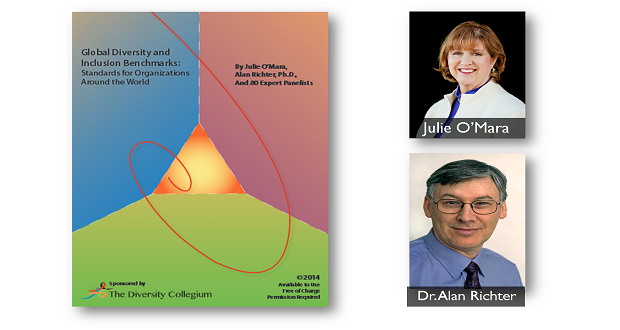
If you are regular reader of the Inclusion Solution then you may have noticed that many of my Point of View contributions are based on experiences from my travels. The last several years I have had the great privilege of working virtually all around the world. And the time I have spent in other places, globally and nationally, has been incredibly transforming to my views of culture and how to grow in cultural competence. But this growth in knowledge and experience has not always been as simple as getting on a plane. Cultural competence requires more than just cultural exposure.
One of my favorite quotes about travel is attributed to St. Augustine who said, “The world is a book and those who do not travel read only one page.” Augustine acknowledges that traveling, whether across town or around the world, can be fruitful ground for deep learning. In the same way we look to books for knowledge we don’t have, experiences we’d like to share, and people we want to know, travel is filled with pages of similar promise.
These words are important for several reasons. They remind us that travel, although pleasurable, can be so much more than a leisurely break from our daily routines. Travel is also transformational. But travel is also complex. The blessings from travel do not always flow naturally from mere experience. Like reading, you must come to the pages of the world as a self-reflective traveler, looking for gems of truth in between each line—or foreign place.
The Winters Group works with many clients who have had extensive experience working cross-culturally, many of whom have spent several years living and working abroad. What is striking, is that time spent in another culture doesn’t always translate into increased cultural competence. One tool that we use to access growth in cultural competence is the Intercultural Development Inventory® (IDI®).
It is not uncommon to find clients with extensive experience in other cultures who also have more limited perspectives on culture. Research on the effectiveness of study abroad programs has found similar findings. That time spent in another culture does not always mean more tolerance or cultural competence.
So why do Augustine’s words still resonate with us, while there are so many who have traveled and yet seem to have only read a single page? The difference is in being self-reflective. Time and again, in experience and in the research, the factor that distinguishes between transformational travel and traveling while remaining unchanged is reflection.
The kind of travel that is most fruitful for growth in cultural competence is driven by an intentional desire to draw from the deep wells of knowledge that each unique place has to offer. When the worlds that we visit are seen as books and pages to be read, we free ourselves from the feeling of having to suck as much out of each trip as possible. And instead, we go to each place with an open and eager mind, ready to receive what each place offers to teach us. If you are traveling at all this summer, whether across town or the globe, I encourage you to leave a few books at home to spend time reading the places that you visit.


















